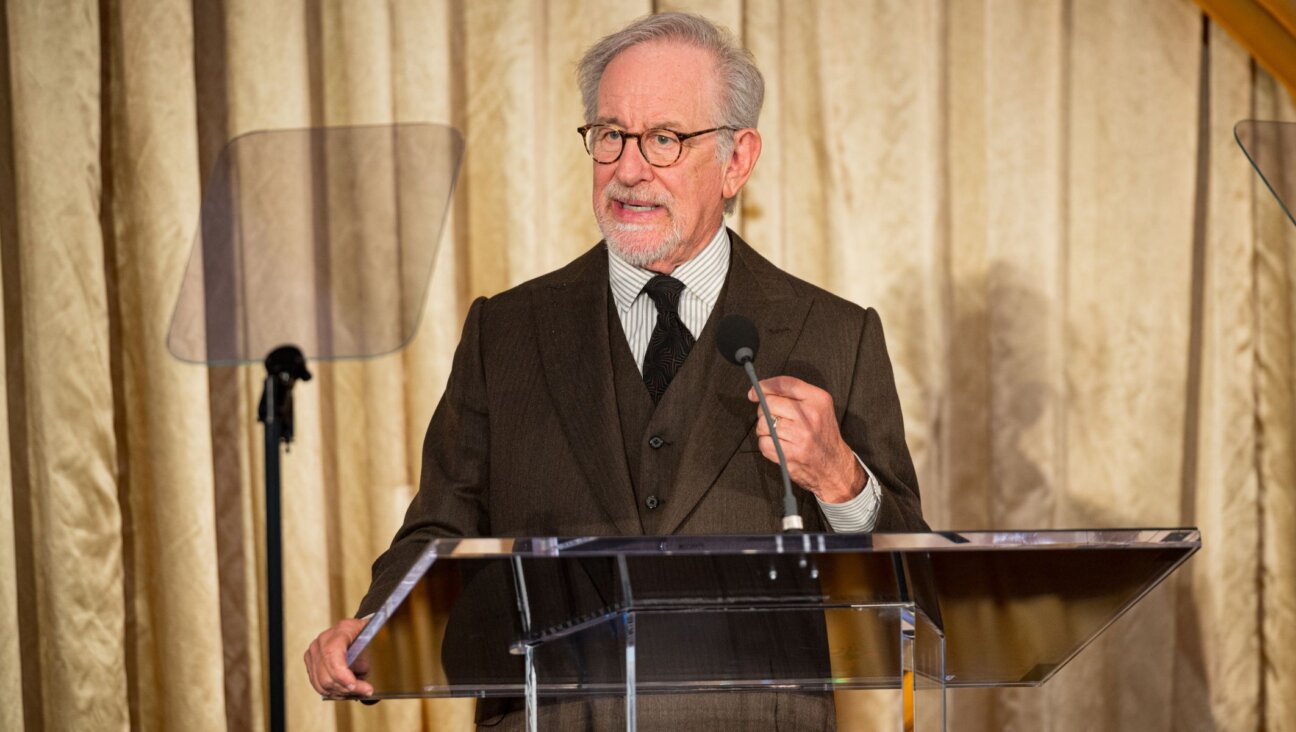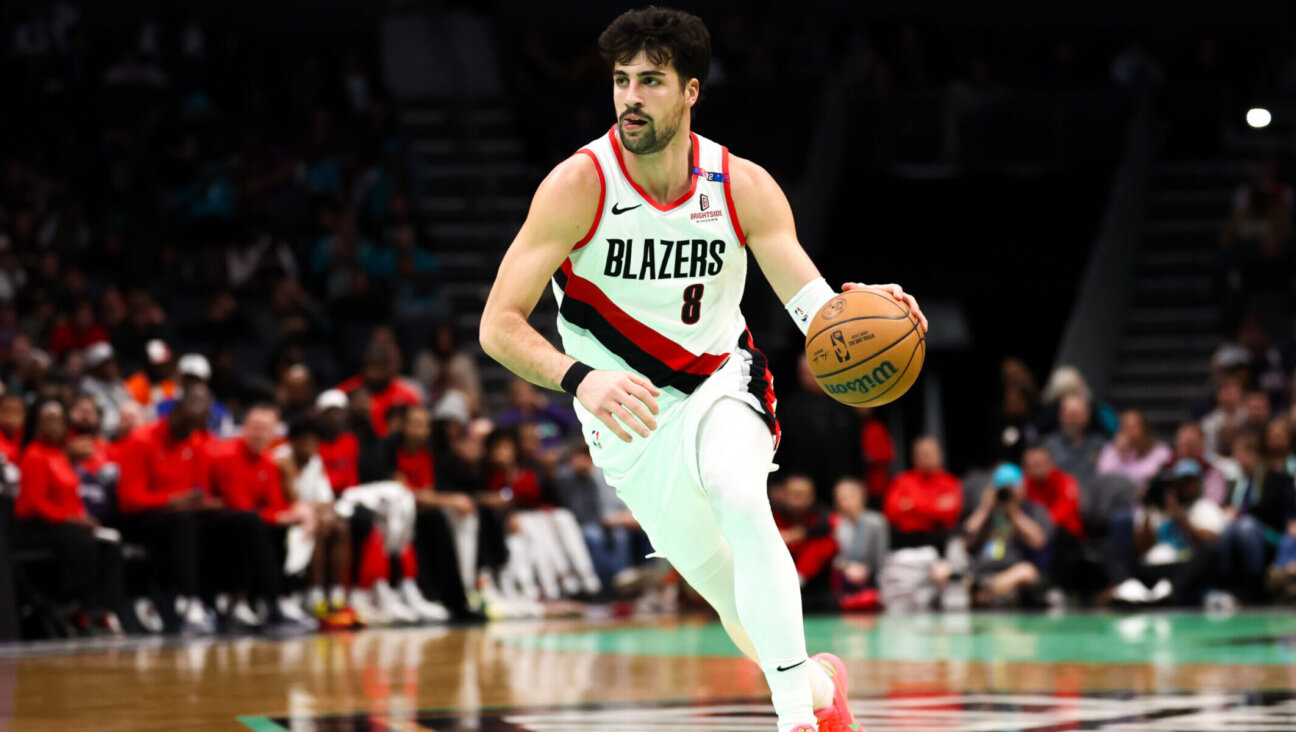Israel and Palestinians Downplay Peace Breakthrough
Israelis and Palestinians played down on Monday the prospects of their envoys meeting in Washington any time soon, and the White House said getting the two sides to agree a peace deal remained an “enormous challenge”.
Palestinians said negotiations could not begin unless it was clear in advance that they would be about a future state based on pre-1967 borders, while an Israeli official said Prime Minister Benjamin Netanyahu would seek the approval of his cabinet before going ahead.
U.S. Secretary of State John Kerry, winding up months of intensive mediation, said on Friday that Palestinian negotiator Saeb Erekat and his Israeli counterpart, Tzipi Livni, would join him in Washington “to begin initial talks within the next week or so”.
The talks would be aimed at resuming negotiations stalled since 2010 in a dispute over Jewish settlement building on land Palestinians seek for a state.
But an Israeli official said “it looks like negotiations will begin only next week, not this week.”
In Washington, White House spokesman Jay Carney said: “We are working on a date for the parties to come to Washington in the coming weeks to move that process along.”
Speaking of the prospects of a peace deal, he said: “This is an enormous challenge and has been an enormous challenge for Israelis and Palestinians, and for successive administrations here in Washington.”
Netanyahu, some of whose ministers oppose negotiations that may yield land to the Palestinians, will seek their support for talks, either at the next full cabinet meeting on July 28, or from a session of the smaller security cabinet.
An official said Netanyahu hoped to persuade ministers to back the effort as “a strategic process to tighten relations with the United States,” emphasising the importance of close U.S. ties to cope with threats posed by Iran’s nuclear programme and by strife in Syria and Egypt.
REFERENDUM
Netanyahu also vowed he would seek a public referendum before signing any peace deal, saying on Monday such a plebiscite “could prevent a rift among the people.”
“Any settlement that isn’t approved by the public should not be signed,” Netanyahu told reporters, adding: “Achieving peace is a crucial goal for Israel.”
Nabil Abu Rdaineh, spokesman for Palestinian President Mahmoud Abbas, said chief negotiator Saeb Erekat had yet to be invited to Washington. When he does go, it would be firstly to determine the framework of negotiations, rather than to dive into more substantive talks, he said.
“If they reach an agreement over the details, in accordance with the Palestinian demands, then the launch of negotiations will be announced,” Abu Rdaineh told Reuters on Monday.
Those demands, relayed by Abbas to Kerry, include Israel’s recognition that a two-state solution would be predicated on pre-1967 borders, before the war in which Israel seized control of territories Palestinians seek for a state, and clarifications about a prisoner release Israel has agreed to as a goodwill gesture.
Israel said that, starting in September, it would free 82 Palestinians jailed before 1993, when the sides signed interim peace accords. But Qadoura Fares of the Palestinian Prisoners Club, an organisation that works for the interests of inmates and their families, said Abbas wanted 103 people released.
In an interview with Jordan’s Al-Rai newspaper, Abbas held out the possibility that, should diplomacy remain stalled, Palestinians – defying pressure by Israel and the Obama administration – would appeal to the United Nations at its annual assembly in September to support their borders claim.
Denouncing the West Bank settlements as illegal – a view shared by most world powers – Abbas said Israel should “get out of Palestinian land completely” though he voiced willingness to find a formula addressing its security concerns.













